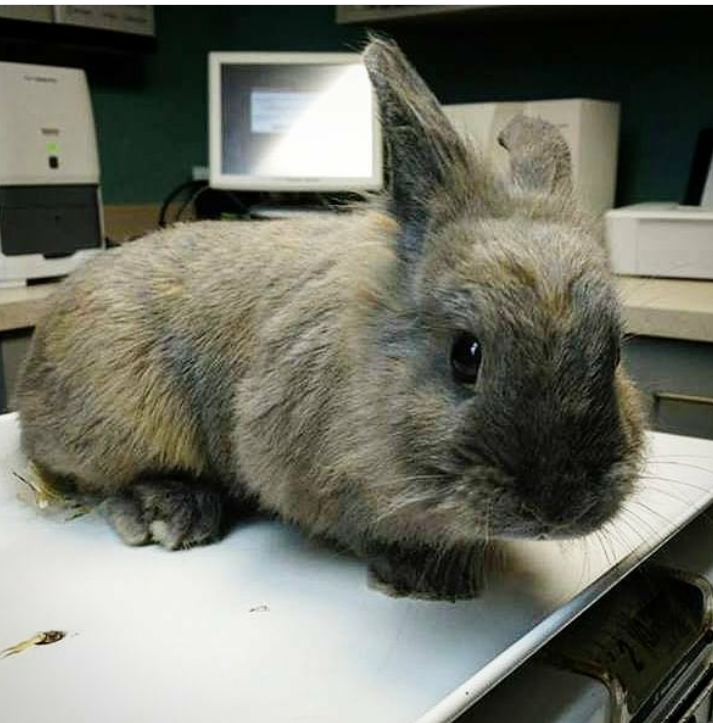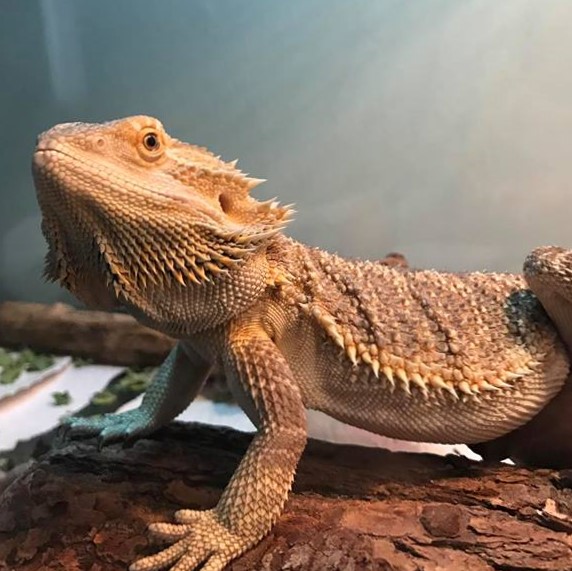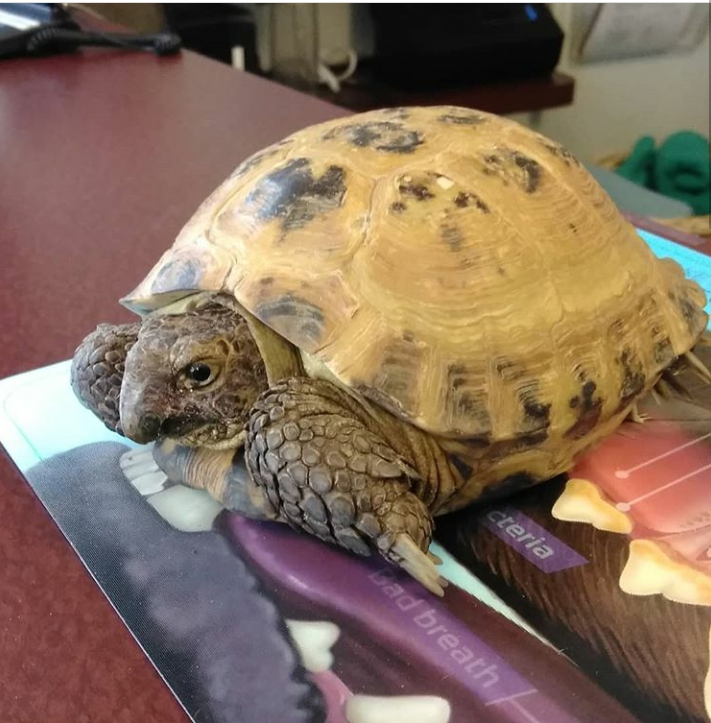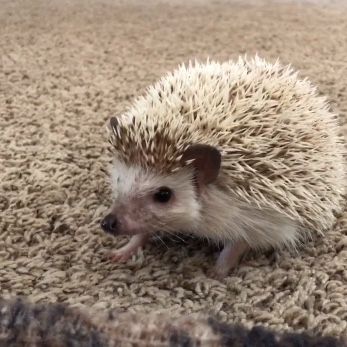Exotic Pet Care at Harvey Animal Hospital
|
Exotic pets are unusual and fun, but it can be challenging to care for them without proper information and guidance. At Harvey Animal Hospital in Grosse Pointe, we work to educate owners on home and medical care to further the health of their exotic pet. Dr. Jerrod Notebaert has a special interest in exotic pets and is a member of the Association of Avian Veterinarians, Association of Reptilian & Amphibian Veterinarians and the Association of Exotic Mammal Veterinarian. Schedule a visit to discuss the unique needs of your specific exotic pet today! Our exotic services include husbandry and housing, nutrition, behavior, routine medical care, general wellness, soft-tissue surgery, and diagnostics.
|

|
Common Health Issues in Exotic Pets
Many exotic pets, such as birds and small mammals, evolved as prey animals and purposefully
hide any injury or illness to deter predators. Therefore, we strongly advise that exotic pets have
routine exams and health consultations to prevent or detect medical problems early. Read on
for some of the common health issues our typical exotic patients can develop.
- Ferrets require medical and surgical management of insulinoma and adrenal gland disorders. They can also experience skin conditions, hair loss, seizures, gum disease, and tooth decay.
- Rabbits may develop urinary disorders, chronic respiratory disease and abscesses. They also require routine dental care to prevent decay and gum disease.
- Reptiles can have seizures, difficulty eating, egg problems and can develop metabolic bone disease.
- Guinea pigs may have difficulty eating, experience itchy skin, and develop dental issues.
- Hedgehogs may have itchy skin, quill loss, and may develop masses.
- Birds may pluck feathers, have bound eggs, and they require a variety of preventative and maintenance services. Visit us for DNA sexing, chlamydia testing, and beak, wing and nail trimming.
|

|
How to Prepare for Your Pet’s Visit
To give you the best advice on proper husbandry and nutrition, we need to know as much as
possible about your exotic pet’s current living condition. If you’re a new client, help us start our
learning process by filling out a new client form. Other useful ways to prepare for your exotic
pet’s visit include:
- To receive guidance on your pet’s housing, take several pictures of your pet’s quarters to review along with your veterinarian.
- Bring a current sample of your pet’s food to receive the best advice on your exotic pet’s diet.
- Gather a fresh stool sample so we can visually and maybe microscopically check for intestinal parasites.
- For birds, gather a stool sample by placing a clean, cage paper on their cage floor. Then, fold the paper up on the day of their appointment and bring it with you. For reptiles and exotic mammals, gather a fresh stool if it’s expelled within 24 hours of their visit. We may also find it useful to inspect a small sample of their cage bedding. Simply use a small resealable plastic bag to pick up and transport these items.
|
Transporting Your Exotic Pet
- Exotic pets require special handling and exceptional care in all instances. When transporting your pet to see us, the goal is to maximize safety and minimize environmental stress and there are several ways you can accomplish this:
- Use an appropriately sized pet carrier or a secure travel container.
- Large reptiles may benefit from a warm, not hot, water bottle in the travel container to help maintain normal body temperature. A one-quart bottle works well but should be secured to prevent rolling.
- Smaller reptiles can use a makeshift water bed made from a sealable plastic bag filled
with warm water that is wrapped in a small towel.
- Ferrets should be in a small carrier with a blanket that they can hide and stay warm in.
|

|
If you have any questions, don’t hesitate to contact us!
We look forward to enhancing the health of your exotic pet through expert guidance, and treatment and prevention of medical issues.

|